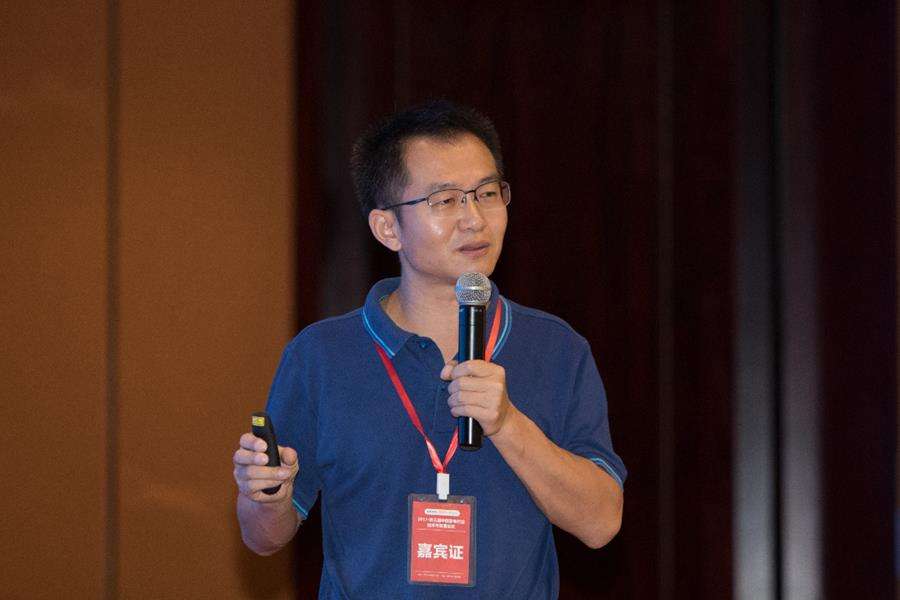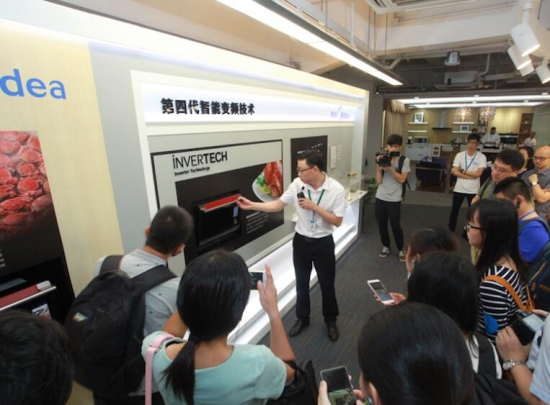NEWS CENTER
Specially developed and developed high-end polyoxymethylene (POM) / long-fiber materials (PP.PA.TPU, etc.) in automobiles, electronic appliances, fasteners, sanitary, military, aerospace, marine, office supplies, agricultural irrigation, electronic appliances, etc.
Midea hopes to work more closely with the plastics industry
- Categories:Media coverage
- Author:
- Origin:
- Time of issue:2018-12-15 13:59
- Views:
(Summary description)The world's largest home appliance manufacturer, China Midea Group, calls for closer cooperation with the plastics industry to develop next-generation materials...
Midea hopes to work more closely with the plastics industry
(Summary description)The world's largest home appliance manufacturer, China Midea Group, calls for closer cooperation with the plastics industry to develop next-generation materials...
- Categories:Media coverage
- Author:
- Origin:
- Time of issue:2018-12-15 13:59
- Views:
The world's largest home appliance manufacturer, China Midea Group, calls for closer cooperation with the plastics industry to develop next-generation materials that can replace sensors or provide new foam insulation materials.


Xiong Yuming, director of Midea Materials Research Center, said at a technical meeting organized by the Institute of Plastic Engineers (SPE) and the organizer of the China International Plastics and Rubber Industry Exhibition (Hong Kong Adsale Exhibition Services Ltd.) on December 7: Material innovation in the field, and look forward to some new materials can play a role in replacing our traditional sensors for our new products. "
In the 1980s, Midea entered the household appliance market and began to manufacture fans with low technical content. The group is now focusing on higher-tech multi-functional appliances, and defines smart materials as materials that can respond to environmental changes or repair themselves.
The company said it was looking for innovations in the areas of new foam insulation, dust control, anti-fingerprints and catalysts from its plastics suppliers.


Director Xiong said: "As a home appliance manufacturer, we are eager for new materials. Unfortunately, most new materials are still in the experimental state, such as super-hydrophilic and super-hydrophobic materials that are easy to clean."
Midea has expanded into technology-intensive markets: For example, in 2016 it acquired the German robot manufacturer KUKA Group and entered the industrial automation and medical robot markets.
The group said that its innovation center in Foshan can accommodate more than 10,000 R & D personnel.
The event was held at the Shenzhen Manufacturing and Development Center for a day. The content included a lecture by Shenzhen Modern Materials Association on the new Chinese government financing mechanism and involving the insurance industry in the development of financing materials.
The project includes 129 different product categories, including advanced steel and non-ferrous metals, advanced chemicals and composite materials. This project is part of the "Made in China 2025" plan.
The event also included an introduction to the development of China's additive manufacturing, exchanges with the automotive industry, and research on composite materials mixed with graphene, vinyl and other polymers.
A spokesman for Jinfa Technology Co., Ltd., China's largest manufacturer of plastic compounds, said the company expects materials for smart home appliances to be a key driver for research. All discussions of technology come down to urging the industry to continue to pay attention to the needs of end consumers.
David Kusuma, vice president of research and product innovation at Tupperware Brands, said at the meeting that the company focused on how to improve the quality of life of its products and increasingly focused on the development of multifunctional products.
He said: "Because the price is not cheap, the idea must be novel and the product must be attractive." In an interview after the speech, he urged plastic researchers to keep in mind the demands of end consumers. He said: "The problem is that you can't focus on technology first, you must pay attention to the needs of consumers before you can discover those technologies that can meet the demand. Because if you focus on technology first, no one needs it in the end. Those technologies will be in vain. "
He also said at the meeting that consumers in emerging markets have become the company's main growth driver. In 2016, about 66% of Tupperware's sales came from emerging markets. It is expected that by 2020, more than half of the world's middle class will be concentrated in the Asia-Pacific region. He said: "For any company that wants to go global, you must consider and pay attention to this."
For the first time, the conference was jointly organized in China by the Adsale Exhibition and the American Society of Plastic Engineers (SPE) headquartered in Bethel, Connecticut. Zhu Yulun, chairman of Adsale Exhibitions, said that both companies are focusing on more annual joint activities.
Scan the QR code to read on your phone
Page Copyright - Jiangsu Taiyi Plastic Technology Co., Ltd. 苏ICP备2020070769号-1 Powered by www.300.cn





